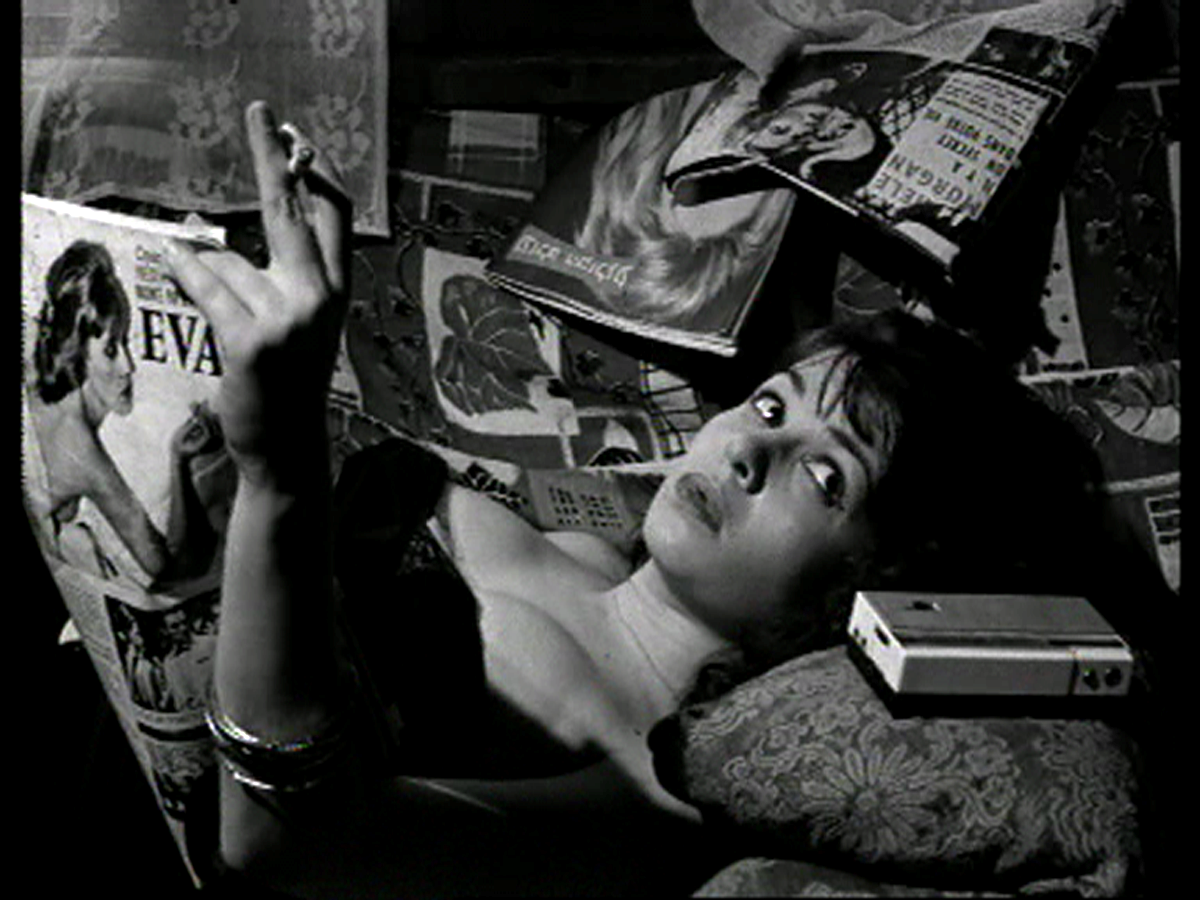Rachel S. Harris
With a Wider Lens: Rediscovering Lost Israeli Cinema 1948-1964

Professor Harris’s new book project explores the origins of the Israeli film industry. Using recently restored films and newly available archive materials, the book explains how these nearly-forgotten films, celebrated in their day, reposition our knowledge of the film industry's development. The book project uncovers this little-known period of Israeli cinema, in which filmmakers experimented with genre, and taboo themes such as inter-marriage, racism, Holocaust trauma, discrimination against Arabs, and desire for emigration. Drawing on international networks in which they had been previously employed, filmmakers were able to craft the foundation for a now internationally recognized and award-winning film industry. Yet, following changes in financing and studio control in the mid-1960s, it would take three decades before Israeli film would again engage such politically explosive subject matter.
Combining traditional film analysis with new methods in film history that focus on a wider range of industry primary materials such as censorship files, diaries, fan magazines, production materials, and correspondence, With a Wider Lens also considers influences on film production, financing, and distribution. By examining the mechanisms that operated in relation to the state's institutional and legal regimes, Professor Harris challenges a tradition that privileges the roles of auteurs, particularly directors, writers, and producers. Focusing away from these traditionally male professions elucidates the impact of other film-industry workers such as studio heads, casting directors, and film-editors—more traditionally female professions—in the shaping of cinema. Returning to this history reveals the major but often overlooked responsibility women had for its growth. Through a careful reading of the films; close study of the economic, ideological, and political influences that impacted and shaped the film industry; and a consideration of international dynamics on production and distribution, this book will offer a new account of this founding phase of Israeli cinema.
